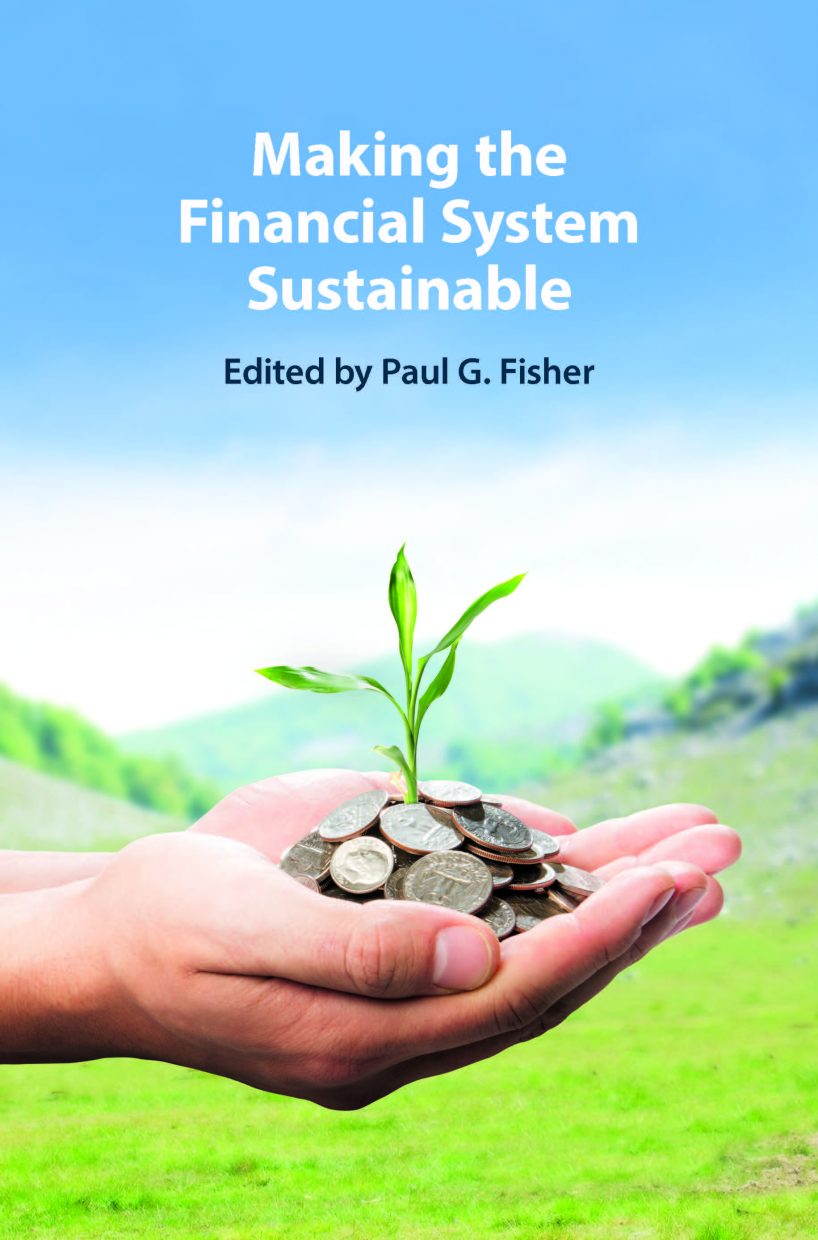Making the Financial System Sustainable
The global financial system is a crucial part of the modern economy, directing financial capital efficiently and effectively to where it is most needed to create prosperity. But how can this process be made consistent with a sustainable economy?
Sustainability can be defined by reference to the 17 Sustainable Development Goals agreed by the United Nations. But the most urgent priority amongst these is to tackle climate change. Measurable and visible to most of us already, the future consequences of rising temperatures and sea levels could be catastrophic, even existential for the human race. Some of the other 17 goals may have to be met in order to get people to accept the changes required, but none of them can be met if we fail on climate.
Adapting to what is already happening, and minimising future damage is a process that requires immediate actions for long-term benefits. That will necessitate high levels of public and private investment in all aspects of the economy from sustainable agriculture and renewable energy production through to final consumption. Countries and economic blocs are now adopting carbon emission targets of net zero. To achieve that – and to stabilise the atmosphere – we will need technologies to subtract large quantities of greenhouse gases from out of the atmosphere.
All of this needs to be financed and the financial system, as always, will be key in facilitating change. But it could also be a barrier. Market failures abound, not least from externalities such as greenhouse gas emissions not being reflected in prices. An example: aviation fuel is untaxed by international treaty – as a society we effectively subsidise one of the most polluting activities! And markets left to their own devices tend to have a focus on short-term returns that do not adequately reflect the long-term nature of the costs or risks involved.
Europe is at the forefront globally of policies to encourage and constrain the financial sector to support the transition to a zero carbon-emitting future. And where there are policies, there must be debate. Collective wisdom is needed to ensure that net zero emissions becomes a reality, not an aspiration.
In Making the Financial System Sustainable, a collection of practitioners, experts and thought-leaders from across Europe present their personal views and analyses in a set of essays concerning different aspects of financial policy. These range from the high-level to the specific: from governance to benchmark-setting, from wholesale to retail markets, from private investment strategies to banking regulation. Whether you agree with these views or not they will give you new insights into the issues at hand. They will make you think.
I am convinced that, ultimately the financial sector will do what is needed to support the low-carbon transition. Just as it has supported previous transitions. It will do so because that will be how the intermediaries make profit, support their franchise values, minimise their long-term risks. And because the regulatory system can and will force these considerations to be made.
But we have no time to waste – indeed the world is already behind the curve in preventing dramatic impacts from climate change. The melting of the polar ice caps, the reduction in bio-diversity, the acidification of the oceans – the time frames for healing these disasters are almost beyond comprehension. So we need more action – effective policies, better financial solutions, more committed behaviours – and we need them now. This book is aimed at fellow practitioners, policy makers and students alike. I hope it will contribute to greater understanding of what is required and support improved policy-making everywhere.







